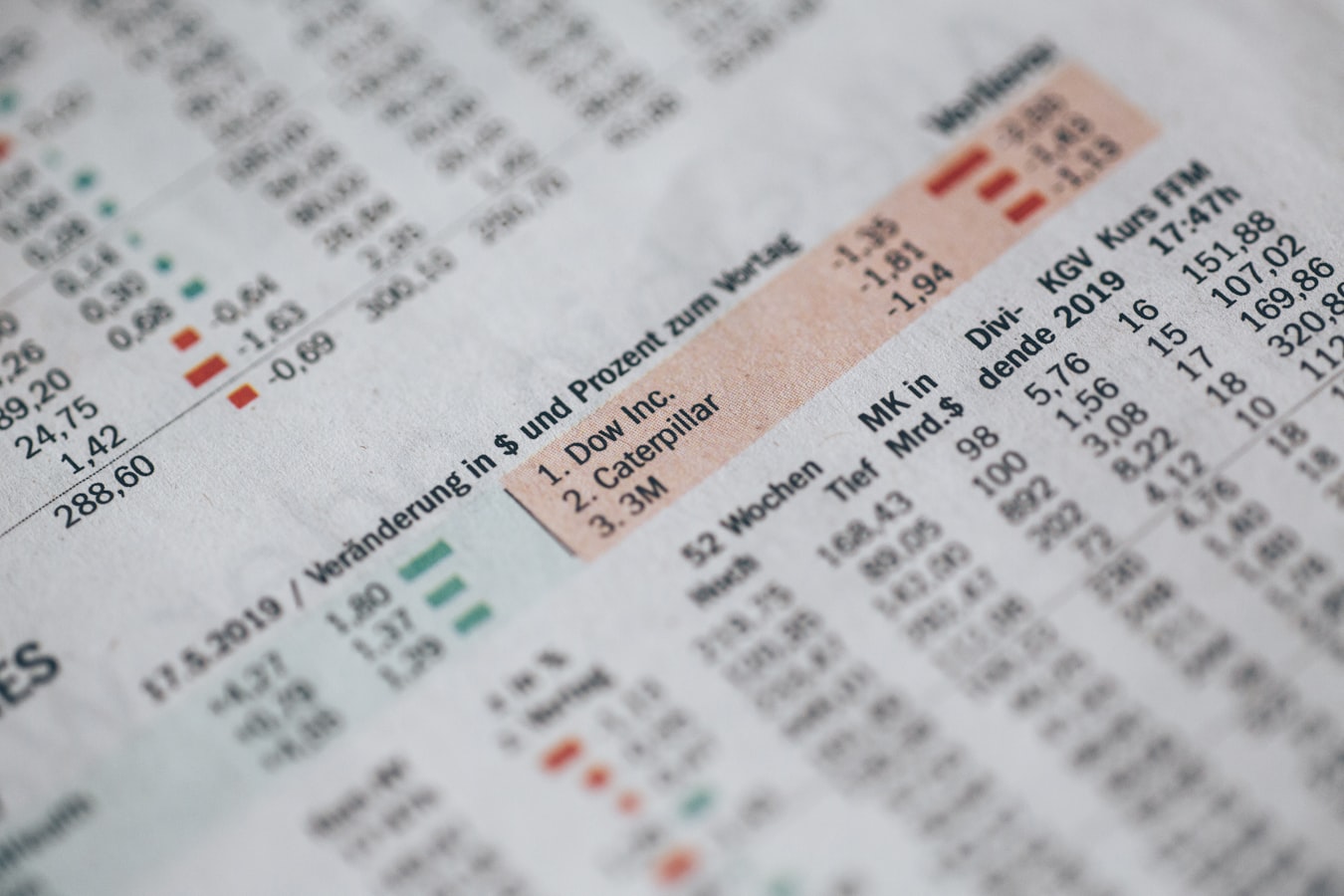Money Market
Published October 24, 2020

Intro
The money market is exactly as it implies it is; it is a market where money can be transferred, a literal form of cash flow. The money that is transferred around takes various forms, but they are all short-term funds. In modern fiat currencies, money takes the form of debt. This debt as money within the money market typically persists under one year and can be settled in as short a time as overnight. It is characterized by liquidity and relative stability compared to other forms of cash flow.
The purpose of the money market is to provide quick cash flow to banks, governments, and corporations. Banks will lend this money to each other overnight. Companies will sell commercial paper. Investors will fund this market with certificates of deposits (CDs). A money market fund is often a featured choice in any after-tax mutual fund, IRA, or 401K account.
The money market differs from the capital market, which consists of stocks and bonds. It is important to distinguish the two, so the use cases of the money market can be explored. Unlike stocks and bonds, the money market carries a much lower risk factor. In fact, it is quite rare when money is lost in the money market, unlike, for example, the stock market, where money may be lost during a downturn or recession. However, the flipside is also true in that gains in the capital market may far outweigh those of the money market during prosperous times.
Personal Finance Benefits
The chief factor to consider regarding the money market is that it is NOT an efficient or effective long-term investment vehicle for wealth building. Nonetheless, with regards to personal finance, the money market does provide certain benefits. There are financial products available to the individual to participate in the money market. The key benefits from the money market are the following:
- liquidity - quick access to funds
- low risk - minimal chance to lose money
Emergency Fund
Life is not always roses and sunshine. Sometimes, the medical bills are not entirely covered by insurance. Or, one unsuspecting day, a fifth of the workforce is laid off due to poor management or market forces. Or maybe that German car’s over-engineered water pump or transmission fails and needs replacing. It would behoove the individual to have money saved up for these “rainy days”--the emergency fund.
Because of the liquid nature of the money market, it makes an effective emergency fund on tap for immediate withdrawal. Many banks offer a money market savings account to individuals. This account type tends to have higher interest rates than most savings accounts, particularly those of big banks. Instead of an interest rate of 0.04% in a big bank savings account, a money market account would boast a 1-2% rate. So, a money market account is likely to suffer less or even keep pace with inflation.

There are a few tradeoffs to using a money market account to store savings. There may be restrictions on how much you can withdraw or externally transfer to another bank. Big bank branches and ATMs are more common than institutions with a money market account.
Moreover, the rate of return on a money market account is nearly always inferior to positive bull runs in the capital market; however, the individual should keep in mind that the money market account is leveraged for its relative liquidity, not its potential for wealth building. There are many other tools for wealth building that give much higher returns, especially when managed well.
Market Crash Shelter
The capital market is always celebrated during bull runs, when growth stocks have skyrocketed and dividends are plentiful. But history has proven that stocks in particular can and will dive and dip. And in the case of the Great Depression and subprime mortgage crisis of 2008, the stock market can crash to all-time lows. These drops in the market can transform a 401k account into a 201k one in the matter of weeks.
In theory, a way to shelter the existing funds in a 401k, IRA, or any other mutual fund would be to transfer the money out of stock funds and into a money market fund. Financial institutes such as Fidelity, Vanguard, and others that manage funds offer one or more money market funds. They understand that in a market dip the money market is a safe shelter for funds that would otherwise continue to plummet in value.

Again, there are tradeoffs associated with this investment strategy. Hindsight is always 20-20, and it is difficult to discern when a true market drop or crash is occurring, as opposed to a short-term correction that may last a mere one or two weeks. If money transfers are expedient--ideally, in under one day, this is not a noticeable problem. However, most managed fund plans, such as the 401k, require several business days--so, not including weekends--to move money around different funds. Time really is money, so these sorts of delays make it difficult to move money before a true market crash has already diminished one’s funds. And on the flip side, if the market crash is a false positive, and the market is on the uptake, the fund will lose out on the gains until the money is transferred out of the money market and back into capital market ones.
On a side note, with regards to additional contributions to managed funds during a market drop, there are other ways to leverage the situation than putting these contributions into the money market, such as dollar-cost averaging, that are outside the scope of this article. Nonetheless, regarding the existing account balance in these plans, it would behoove the individual to move them to a money market fund.
Conclusion: Not a Wealth Engine but a Safe Place to Park Money
The money market is a tool for storing away accessible funds for a rainy day. It is also an effective shelter for invested funds during a market crash. Rainy days and market crashes will come. So, be prepared for them and understand how to leverage tools such as the money market to ride them through.
Do not expect a money market account or fund to generate wealth. It is essentially a savings account, albeit one with a slightly more respectable interest rate than a big bank’s. There are other vehicles for wealth building out there to consider.